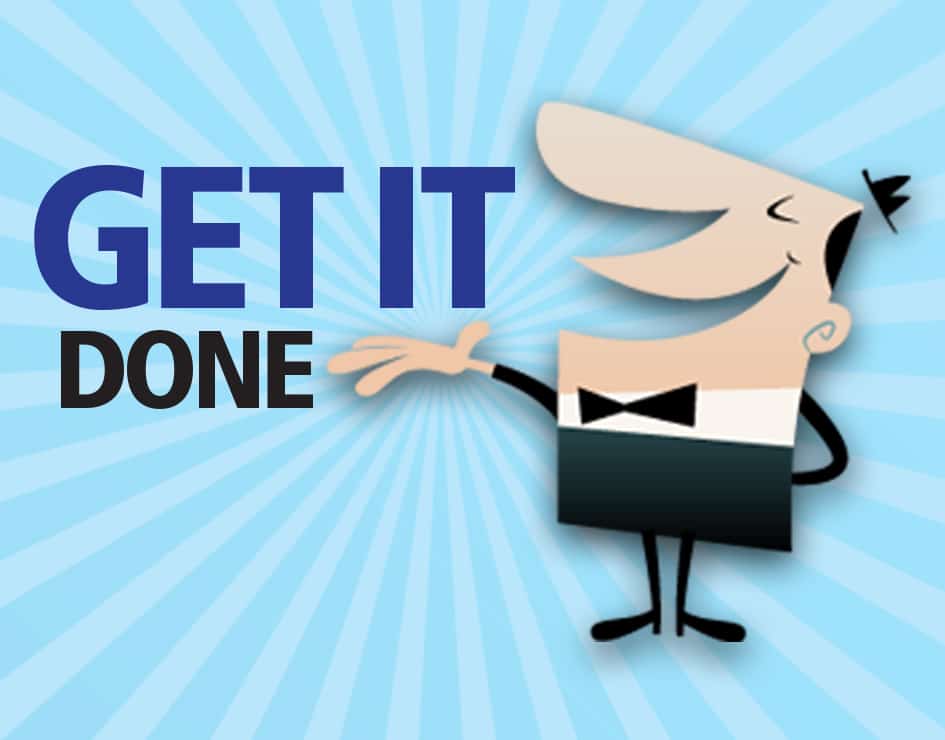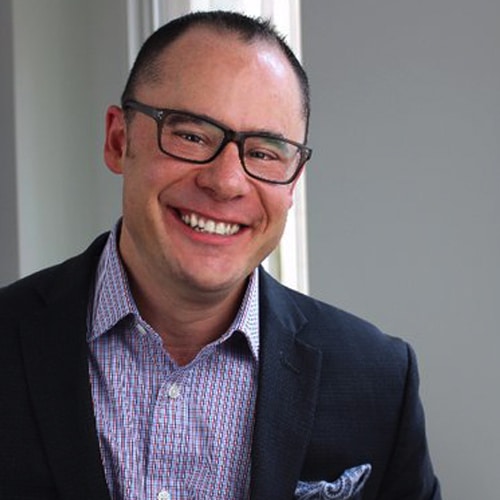In the midst of a recent conversation about how to leverage Evernote to become a more productive lawyer, I was asked a simple yet thought-provoking question: “Daniel, how do you define productivity?” My definition may be a bit nonconformist, but here it is: Being productive means getting things done so that you can spend more time with those you care about, and less time in the office. Period.
Being productive isn’t about meeting your annual billables requirement. It’s about being an effective advocate and then going home. There are only so many hours in the day, and if you spend them all in the office, regardless of how demanding your job is (which lawyers’ most certainly are), you can miss out on what’s really important.
In fact, at a recent TEDx talk on The Art of Stress-Free Productivity, David Allen, inventor of the Getting Things Done (GTD) methodology, said the point of GTD is to create a system that allows us to ultimately spend more time with the ones we love, and to do what we really want to do.
It’s Not the Number of Hours, It’s What You Do With Them
I’m reminded of the Brothers and Sisters episode where Justin and his girlfriend are discussing the problem of making more time to see each other. It’s not the hours in the day that are the problem, he says, it’s what you do with those hours that make a difference.
My friend Andy Traub says his family always comes before work. He puts the laptop down when his kids are playing in the room, he helps his wife in the mornings by getting his kids ready for the day, and he cleans up the kitchen to help reduce his wife’s stress as she starts her day.
What you choose to do with the hours in your day not only impacts your life, but also the lives of your colleagues and peers at work and your family at home.
Webster’s defines productivity as “achieving or producing a significant amount or result.” But I sincerely believe this fails to encapsulate what is really behind us working so hard as lawyers. We do what we do because, while yes, there is an element of liking our profession, there’s more—we do it so that we can help support our families. We do it so that we can provide for them and enjoy the time we have off.
When you’re at your peak productivity levels and have a clear mind, you’re brain’s serotonin levels are higher. When you’re stressed out, they’re quite notably lower—and the negative impact you have on others is also quite notable. Having a productivity system in place to get things done in a predictable and repeatable manner is critical because when you do have time off, you need to be mindful and be present with those you love.
In his new book The Front Nine: How to Start the Year You Want Anytime You Want, “productivityist” Mike Vardy says: “One hundred years from now it will not matter what my bank account was, the sort of house I lived in, or the kind of car I drove … but the world may be different because I was important in the life of a child.” Getting things done is a means to help us achieve a greater feeling of being productive and more successful, but there is no greater feeling than having that priceless quality time.
How Do You Define Productivity?
Consider how you define productivity, then focus on getting things done more efficiently so that you can spend more time off. When you are off, I highly encourage you to really be “off” by turning off your work phone. Soak in every smile, every funny look, every tear, every glance and every moment. Work will always be there. But your loved ones will not.
Daniel Gold is a productivity author, podcaster, keynote speaker and consultant. Join him on Facebook, Google+ and Twitter.
Illustration ©ImageZoo.

















